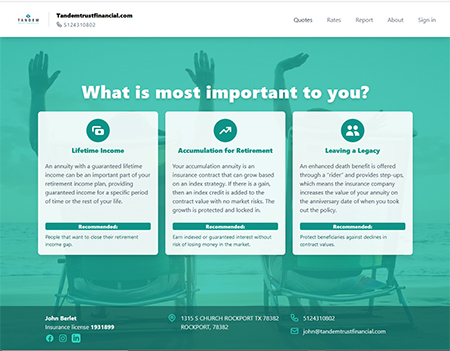What "1031 exchanges" are, and how they work

A 1031 exchange, as described in section 1031 of the IRS Code, is an effective way for a real estate investor to defer capital gains taxes when they sell an investment property. By using a 1031 exchange, you will pay zero taxes on an investment you sell as long as you use the gains to purchase another "like-kind" property.
For instance, say you owned a 16-unit apartment building. Under a 1031 exchange structure, you could sell this property and use that money to buy another similar kind of complex. When you do it this way, you won’t owe the IRS any money until the time comes when you want to cash out. Having a tax advantage such as this allows you to build more wealth over time.
When properly structured and administered, a 1031 exchange is a powerful and efficient tool for investors. It lets them change the focus of their portfolios while legally deferring their capital gains taxes. A 1031 approach means real estate investors can free up cash needed to expand their portfolios. Using 1031s also gives investors a means of more easily divesting themselves of underperforming properties or transitioning from single-family properties to multifamily projects.1
However, 1031s, like most other investment tools, have both pros and cons.
On the plus side, a 1031 exchange can:
Allow you to defer capital gains taxes and grow your wealth faster. Let’s say you had invested $250,000 into a property and sold it for $350,000 a few years later. For illustration purposes only, let’s say the capital gains tax was $50,000. A 1031 exchange would let you defer paying that tax and take the total return of your investment into your next deal. You can then follow the same procedure again and again. However, once you choose to take that money and put it into an investment that doesn’t qualify for 1031 treatment, you will have to pay those taxes.
Get you into a new market. Using a 1031 is one of the few ways a real estate investor can quickly unload a property that is underperforming or located in a less-than-desirable market.
Allow you to keep deferring taxes until you die. If you chose to do so, you could literally keep swapping investment properties your entire life and defer capital gains taxes the whole time. If you decide to leave the properties to a loved one, they won’t pay the capital gains taxes you accumulated on the properties used in the 1031 exchanges. Instead, your heirs inherit the properties on a "step-up" basis. A step-up basis means that heirs will inherit properties at the current fair-market price. Accumulated capital gains taxes vanish. It’s easy to see how powerful this could be for creating generational wealth.
There are some potential pitfalls of 1031 exchanges, though. For instance, you won’t have access to your capital since a 1031 requires you to roll all capital gains from a sale into your next investment. So, if you made $200,000 from the sale of one of your investment properties and wanted to take that money and put it into the stock market, you lose the protection of the 1031 and will have to pay taxes on your gains.
You also cannot just roll over the gains and spend the initial investments. Everything must roll over, including the underlying investment money.
Like many parts of the IRS code, section 1031 can be a bit complicated to deal with. If you are investing with other people, for instance, you can run into some real headaches. You might have to do a Tenants in Common (TIC) structure.
Summing it up:
1031 exchanges won’t benefit every real estate investor. There are many specific rules to which you must rigidly adhere, and it’s easy to make a mistake that could cause your deal to go sideways and cost you a lot of money. For this reason, you should always consult a qualified tax attorney or CPA who has specific experience with 1031s.
Ultimately, though, if you partner with a competent real estate attorney or tax expert, a 1031 exchange can be a fantastic way to defer taxes and grow your real estate portfolio.
Citations.
1 - investopedia.com/financial-edge/0110/10-things-to-know-about-1031-exchanges.aspx










